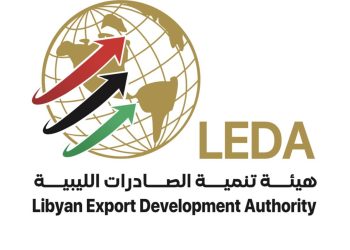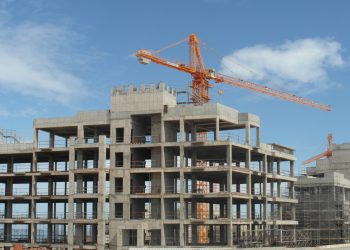By Sami Zaptia.

London, 6 September 2019:
The First Forum on the Libyan Tax System was held in the city of Benghazi on 28 August by the Libyan Tax Authority on reforming the Libyan Tax System.
The forum made 11 main recommendations, published on Monday 2 September, to make the tax system compatible with Libya’s current economy.
Numerous papers were presented at the forum on the inadequacies of the current tax system which was last reformed during the so-called Saif Al-Islam Qaddafi reform period prior to 2011. Presenters argued that the current system inherited from a welfare state, anti-business and free-enterprise regime has been unable to keep up with the fast-changing Libyan economy.
The forum concluded that the country’s tax system should compliment macro national economic policy (financial, commercial and monetary) as a tool of financial policy. As a result, it was concluded that the current tax system was inadequate and does not possess the bases of and conditions for a good tax system.
As a result, the first forum made the following 11 recommendations: (restrict)
1- To reform or re-structure the Libyan tax system.
2- To continue to hold additional forums to debate the Libyan tax system and a specialist team to follow up on the recommendations to draft a new tax law mitigating the shortcomings of the current law. This is to be referred to the legislature to enact into law after the country stabilises and its institutions are unified.
3- To benefit from the experiences of other countries and experts of international financial institutions, especially those of the IMF who have offered their technical expertise in creating a new tax system appropriate to the current Libyan economic identity.
4- To expand the tax collection/paying base and make a main aim of a future tax system by concentrating on indirect taxes such as VAT and direct taxes such as corporation tax and environmental pollution tax to achieve funding and social and economic targets.
5- To work on unifying processes of final tax settlements and tax collection across all tax department branches.
6- To increase the efficiency of the tax authority through training and incentivization of staff and the provision of material financial resources needed to achieve this.
7- To computerise/digitalise taxation based on an advanced database.
8- To create confidence bridges between financiers and the tax authority including the already established Large Financiers Centre.
9- To improve the performance of the Tax Inspection Department.
10- To counter tax evasion and administrative corruption.
11- To increase the culture of tax awareness in society in the form of the need for citizens to pay their taxes as a social and national duty to enable the state to provide basic services such as security, healthcare, infrastructure etc. Meanwhile, the state should spend tax revenues on services needed by tax payers so that they safeguard paying their taxes on time. (/restrict)
https://www.libyaherald.com/2018/09/13/libyas-economic-reforms-a-tax-levy-on-foreign-currency-sales-increased-currency-allowances/
https://www.libyaherald.com/2019/03/17/libyan-business-sentiment-has-improved-vastly-since-october-but-could-be-even-better-with-a-few-more-reforms-leading-businessman-bey/
https://www.libyaherald.com/2018/12/04/libyan-dinar-gains-value-as-economic-reforms-take-effect/
https://www.libyaherald.com/2018/10/11/cbl-not-delaying-economic-reforms-pcs-maetig/
https://www.libyaherald.com/2018/09/20/serraj-pcgna-sets-currency-tax-at-183-percent-devalues-dinar-to-ld-3-90-per-dollar/
https://www.libyaherald.com/2019/08/13/libyas-oil-revenues-up-by-ld-1-96-bn-to-ld-17-4-bn-on-budget-projections/
https://www.libyaherald.com/2019/07/31/serraj-government-reduces-foreign-currency-sale-surcharge-by-7-percent/








